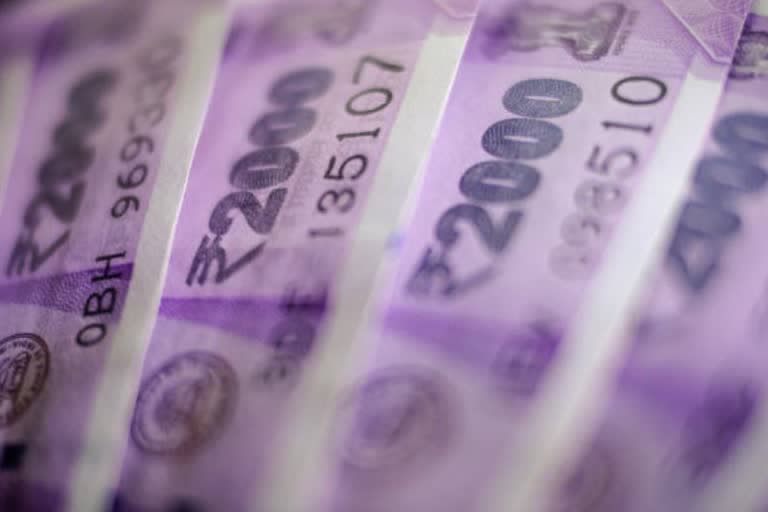New Delhi: More than 300 domestic goods from agriculture, textiles, electronics and other sectors will get market access at concessional customs duties in Mauritius, with the Indian government on Wednesday approving signing of a free trade agreement between the two countries.
The Union Cabinet, chaired by the Prime Minister Narendra Modi, has approved signing of the Comprehensive Economic Cooperation and Partnership Agreement (CECPA) between India and Mauritius, an official statement said.
It said that Mauritius will benefit from preferential market access into India for its 615 products, including frozen fish, speciality sugar, biscuits, fresh fruits, juices, mineral water, beer, alcoholic drinks, soaps, bags, medical and surgical equipment, and apparel.
"The CECPA between India and Mauritius covers 310 export items for India, including food stuff and beverages (80 lines), agricultural products (25 lines), textile and textile articles (27 lines), base metals and articles thereof (32 lines), electricals and electronic item (13 lines), plastics and chemicals (20 lines), wood and articles thereof (15 lines), and others," the statement said.
In a free trade agreement, two trading partners cut or eliminate customs duties on a host of products besides liberalising norms to promote services trade.
With respect to trade in services, Indian service providers will have access to around 115 sub-sectors from the 11 broad service segments such as research and development, telecommunication, construction, distribution, education, environmental, financial, tourism, recreational, yoga, audio-visual services, and transport services.
On the other hand, India has offered around 95 sub-sectors from the 11 broad services sectors, including professional services, R&D, telecommunication, financial, distribution, higher education, environmental, health, tourism, recreational and transport services.
Both sides have also agreed to negotiate an Automatic Trigger Safeguard Mechanism (ATSM) for a limited number of highly sensitive products within two years of the signing of the pact.
